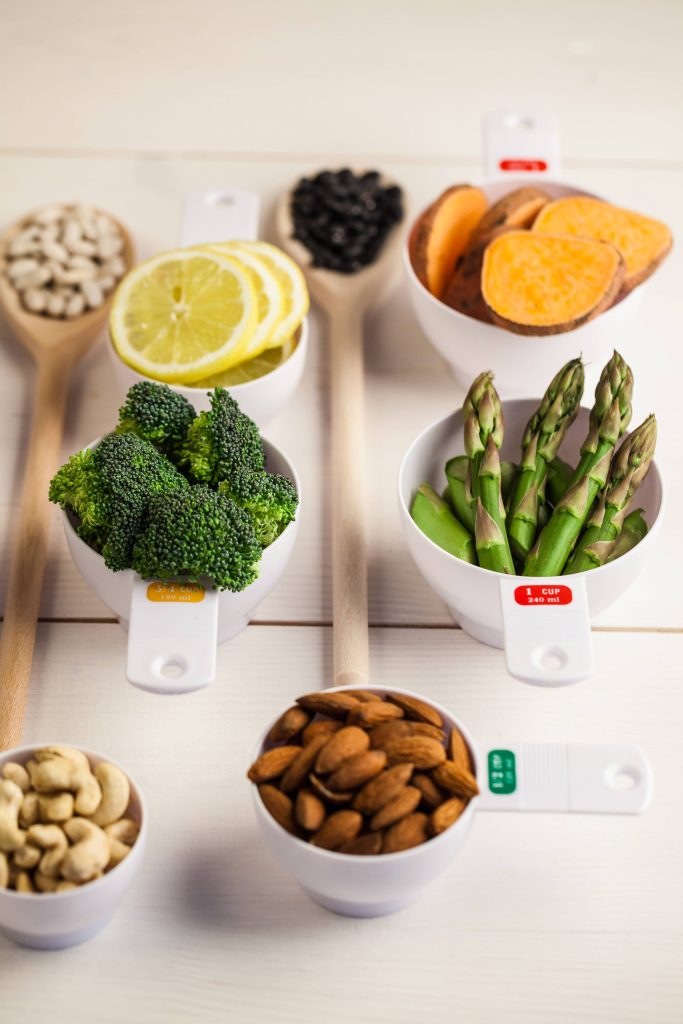
In a world increasingly aware of the importance of nutrition and wellness, many individuals embark on personal journeys to reshape their eating habits and improve their overall health. If your partner has decided to take on a new diet goal, your support can play a crucial role in their success. Achieving diet-related targets requires dedication, perseverance, and often, support from loved ones. As a partner, your involvement can make a significant difference in helping them reach their goals. Here’s how you can effectively support your partner in achieving their diet goals.
Understanding Their Goals
The first step in supporting your partner is to have a clear understanding of their diet goals. Are they trying to lose weight, manage a health condition, improve athletic performance, or simply pursue a healthier lifestyle? Have a candid conversation with your partner about their objectives and motivations. This will not only allow you to gain insight into their journey but also help tailor your support to meet their specific needs.
Educate Yourself About Their Diet Plan
Once you understand their goals, invest some time in learning about the diet plan your partner is following. Whether it’s keto, vegan, paleo, or any other dietary regime, familiarize yourself with the principles, allowed foods, and restrictions. Doing so will demonstrate your commitment and enable you to actively participate by making informed choices when cooking or dining out.
Encourage Open Communication
Open and honest communication is fundamental in providing effective support. Encourage your partner to express their feelings, challenges, and achievements. Actively listen to what they share and offer constructive feedback. Your partner needs to know that they have a safe space to speak about their experiences without judgment.
Be a Motivational Partner
Encouragement is key to maintaining motivation, especially during challenging times. Celebrate your partner’s milestones, no matter how small, and remind them of their progress. Positive reinforcement can significantly boost their confidence and commitment to their diet goals.
Share the Journey
One of the most effective ways to support your partner is by joining them on their journey. While you may not need to adopt the same dietary guidelines fully, making small changes to align with their goals can have a powerful impact. For instance, preparing meals together that fit their diet, trying out new recipes, or swapping certain groceries to accommodate their plan can reinforce your partner’s efforts and make them feel less isolated.
Offer Practical Help
Sometimes, practical support can be invaluable. Assist with meal planning, grocery shopping, or food prep to alleviate some of the pressures associated with following a diet. Being involved in these tasks shows that you are an active partner in their journey and helps create an environment conducive to success.
Be Patient and Compassionate
Diet changes can be challenging, and setbacks are part of the process. Be patient with your partner and show compassion, especially during difficult times. Offer a shoulder to lean on when they experience slip-ups or frustrations, and remind them that progress is not always linear. Encourage them to view setbacks as learning opportunities rather than failures.
Encourage a Balanced Approach
While supporting your partner’s dedication, also emphasize the importance of balance. Extreme restrictions or an overly rigid approach may lead to burnout. Encourage them to listen to their body and make adjustments when necessary. Supporting a sustainable approach to their diet will ultimately contribute to long-term success.
Respect Their Autonomy
While your support is invaluable, it’s important to remember that the diet journey is a personal choice. Avoid being overly controlling or making decisions for them. Respect your partner’s autonomy by allowing them to take charge of their choices. Your role is to support and guide, not to dictate.
Foster a Supportive Environment
Create an environment that facilitates their dietary goals. Avoid bringing tempting but non-compliant foods into shared spaces, and instead, stock the kitchen with healthy alternatives. Surrounding your partner with supportive elements rather than pitfalls reinforces their commitment.
Engage in Self-Care
Supporting your partner does not mean neglecting your own well-being. Engage in self-care to ensure you have the emotional and physical strength to provide ongoing support. Taking care of yourself will also set a positive example and create a balanced dynamic in your relationship.
Seek Professional Guidance
If you and your partner are unsure about how to support their diet goals effectively, consider seeking professional guidance. A nutritionist or dietitian can offer personalized advice and strategies that cater to your partner’s unique needs. Additionally, professional support can provide you with reliable information to facilitate your partner’s journey.
In conclusion, supporting your partner in achieving their diet goals is a collaborative effort that requires understanding, patience, and encouragement. By immersing yourself in their journey, you contribute not only to their dietary success but also to the strength of your relationship. Be a reliable source of motivation and support, and together, you’ll navigate the path to health and wellness more effectively. Remember, the journey is as important as the destination, and taking this journey with your partner fosters a deeper connection that transcends diet goals.










